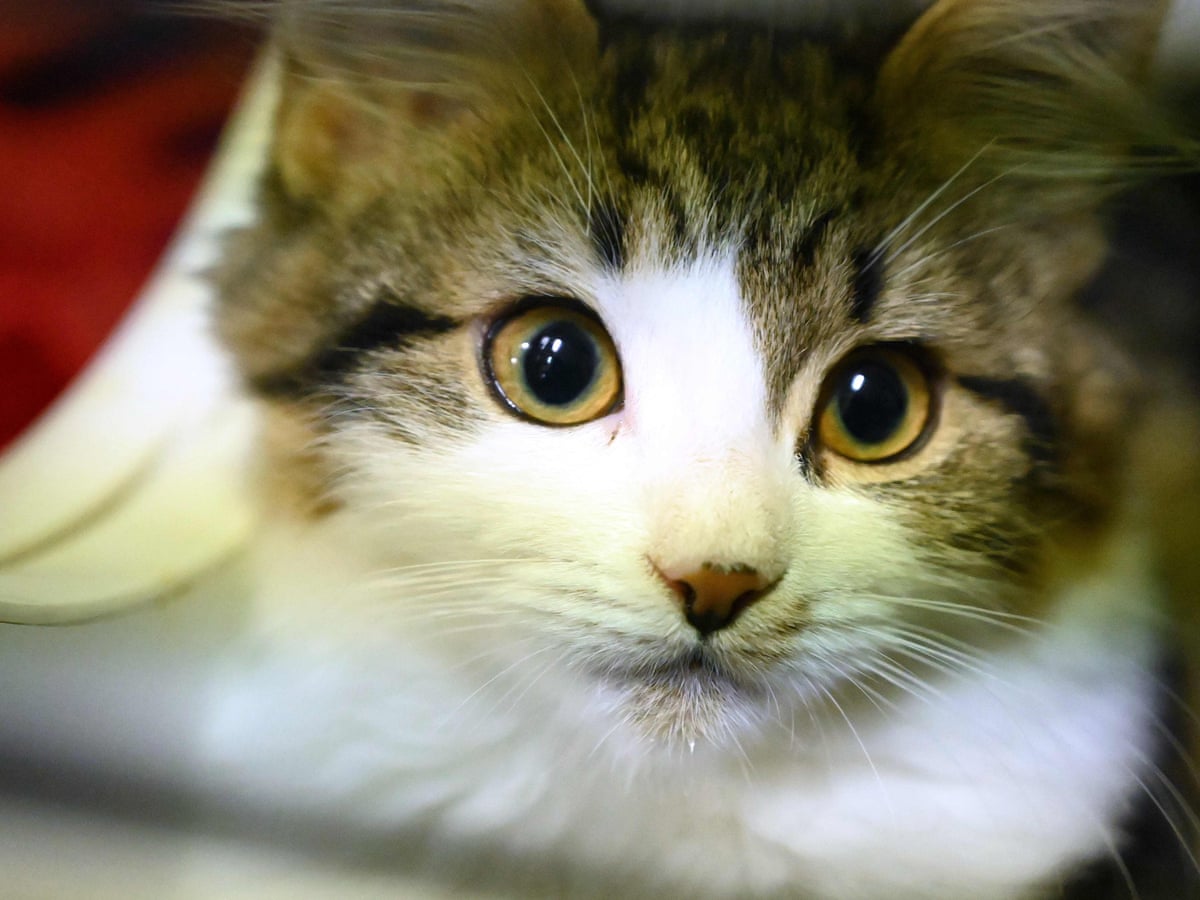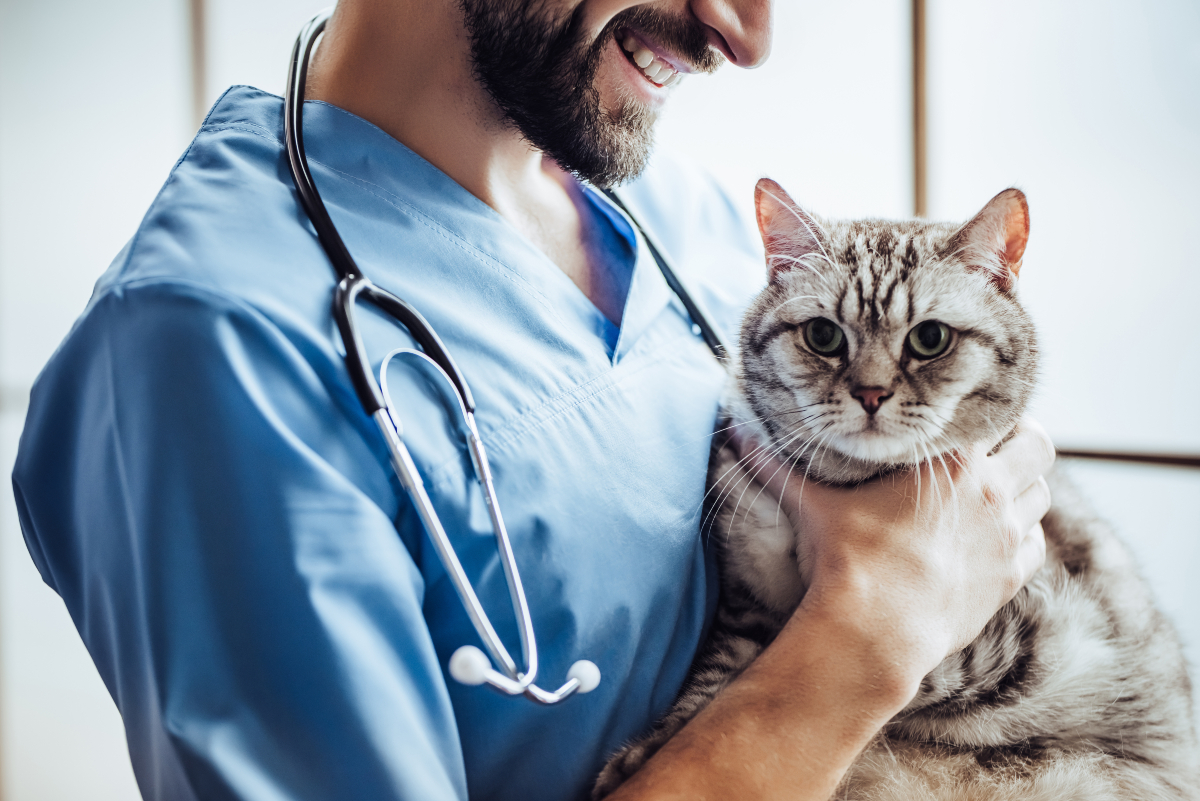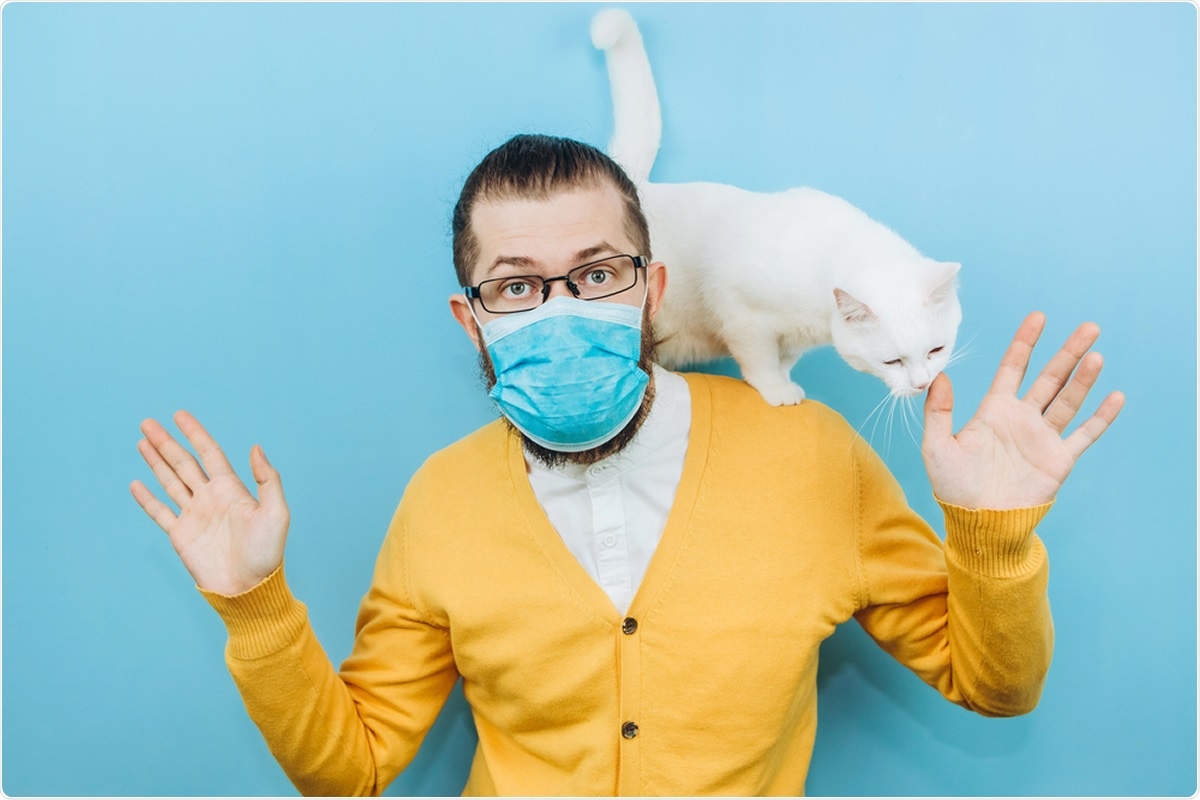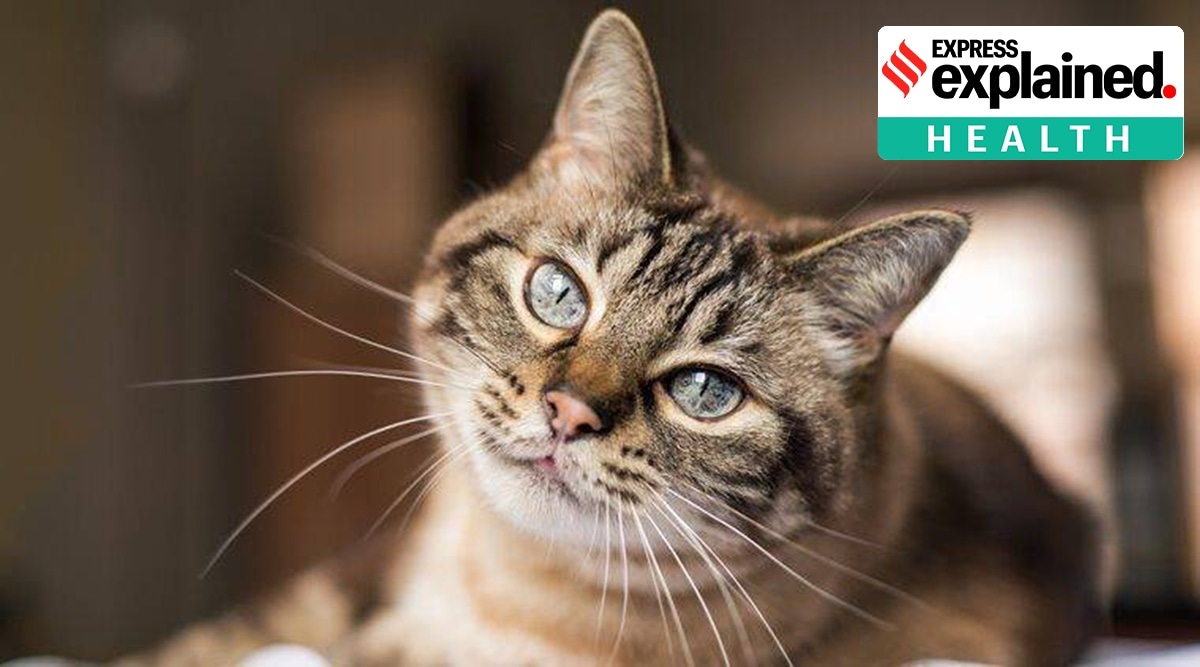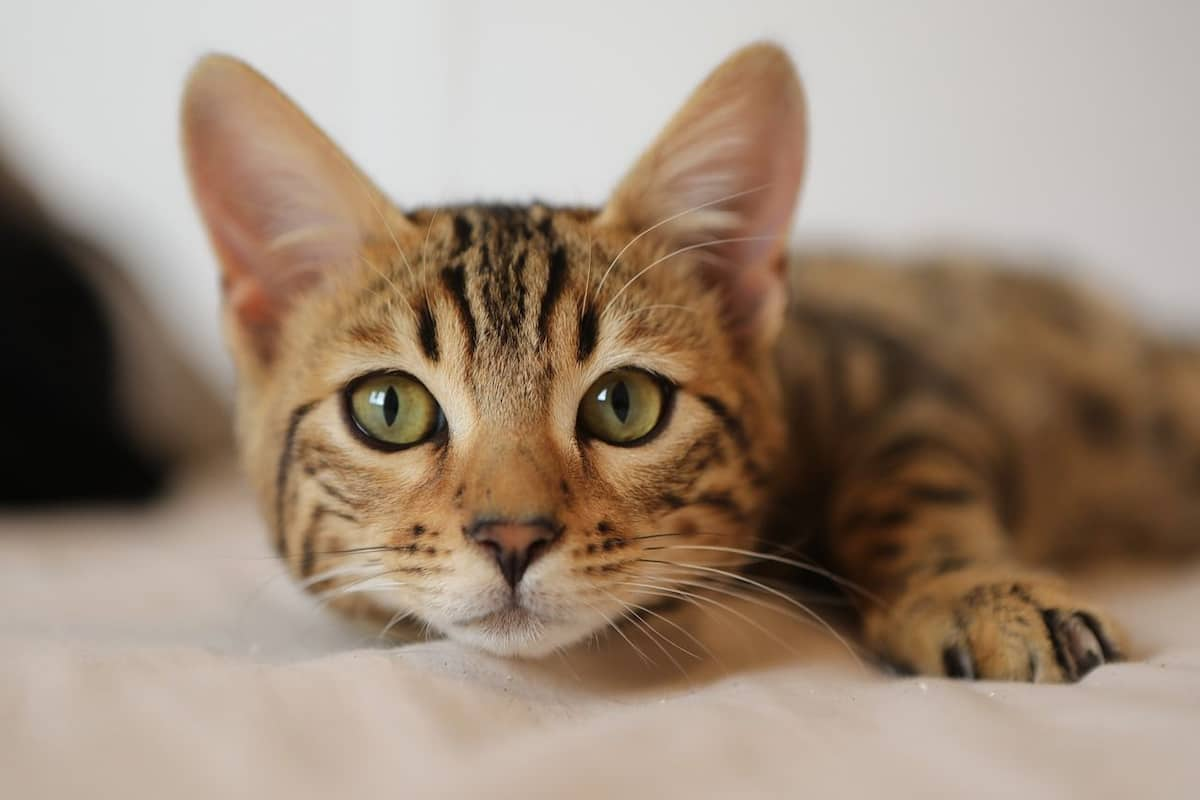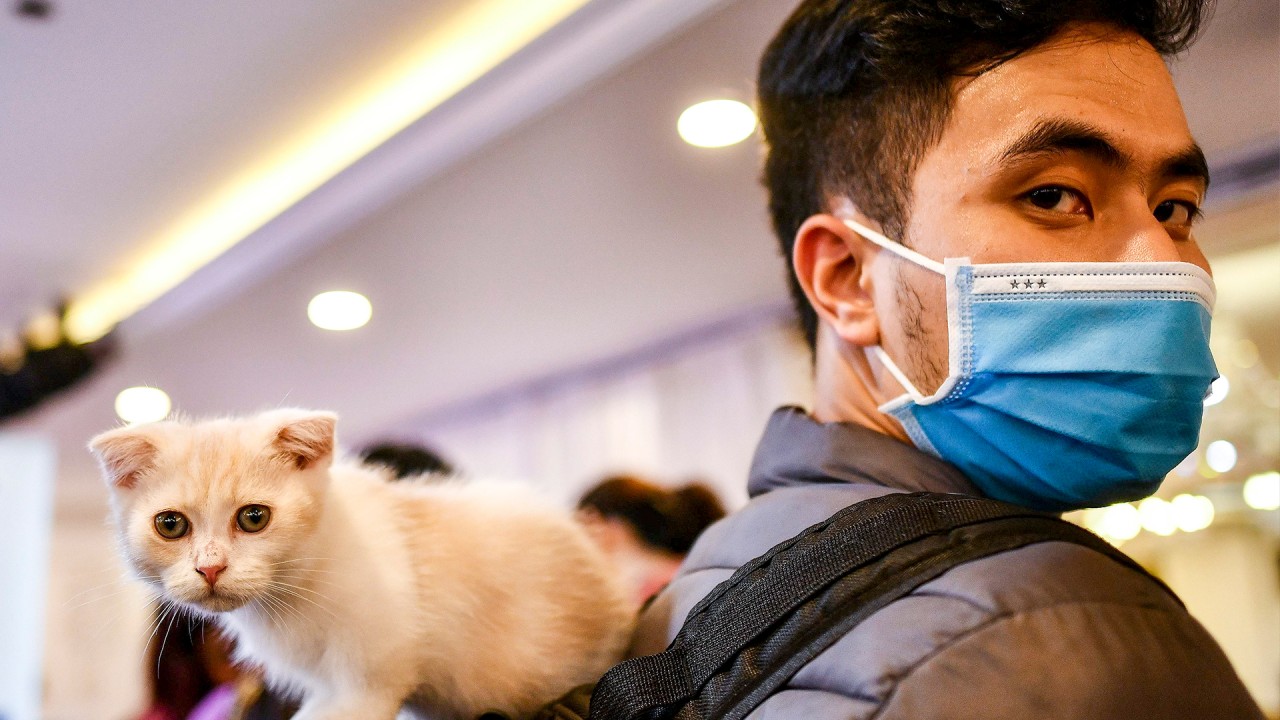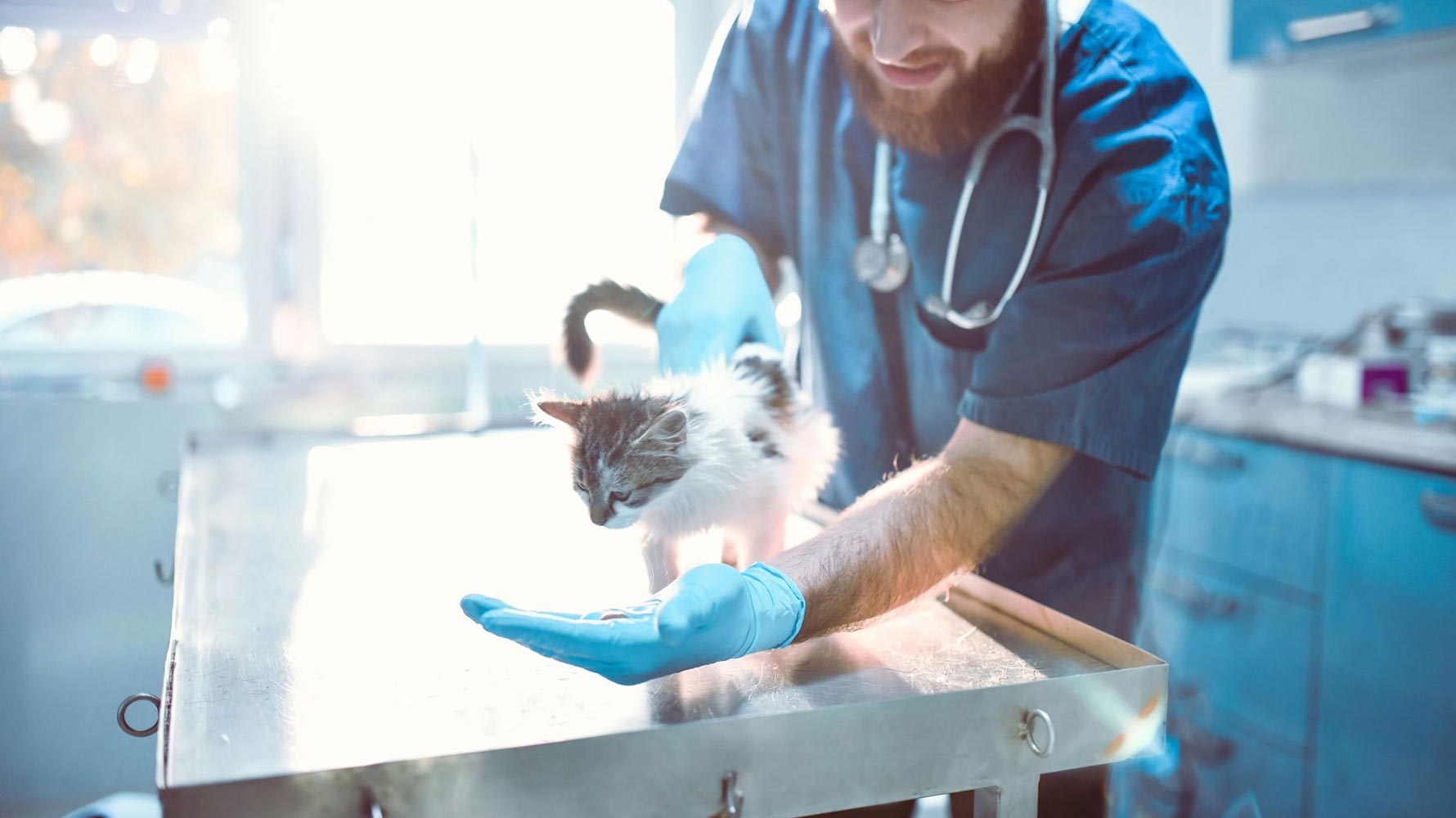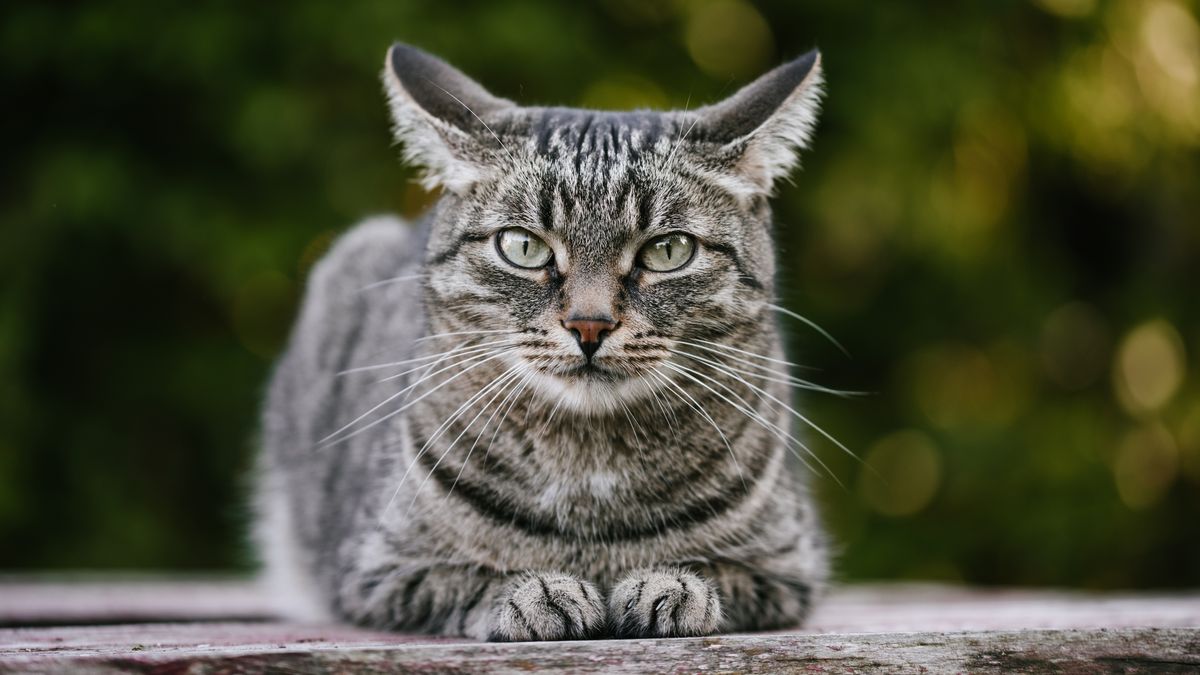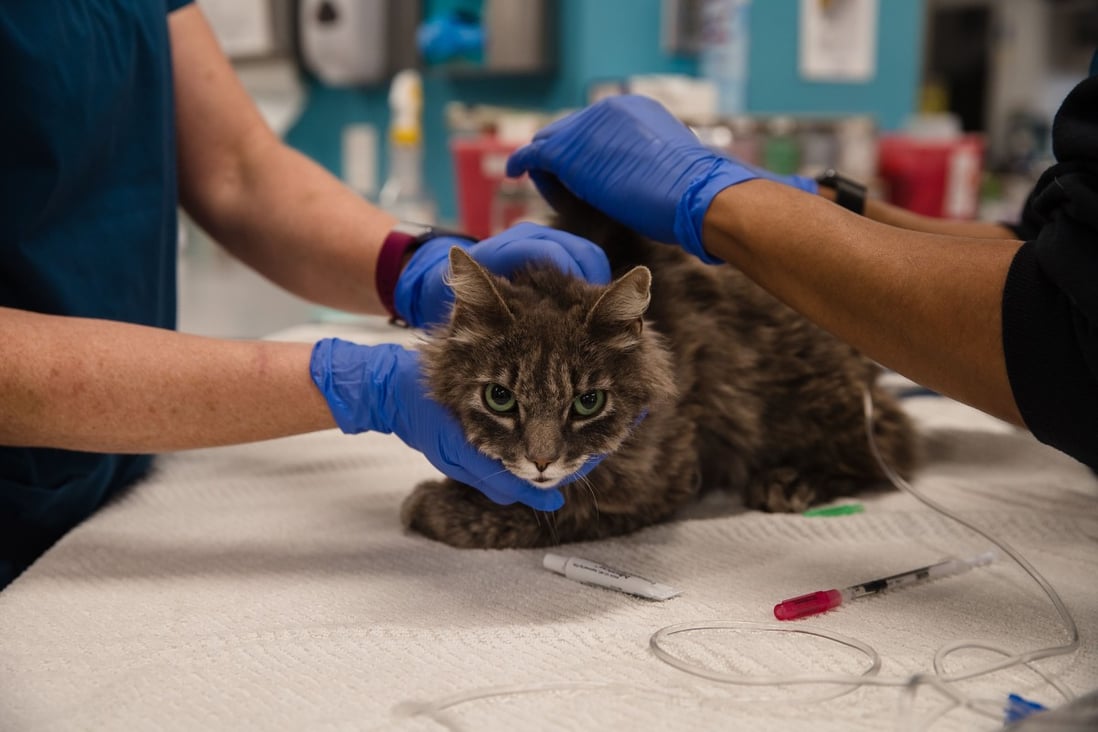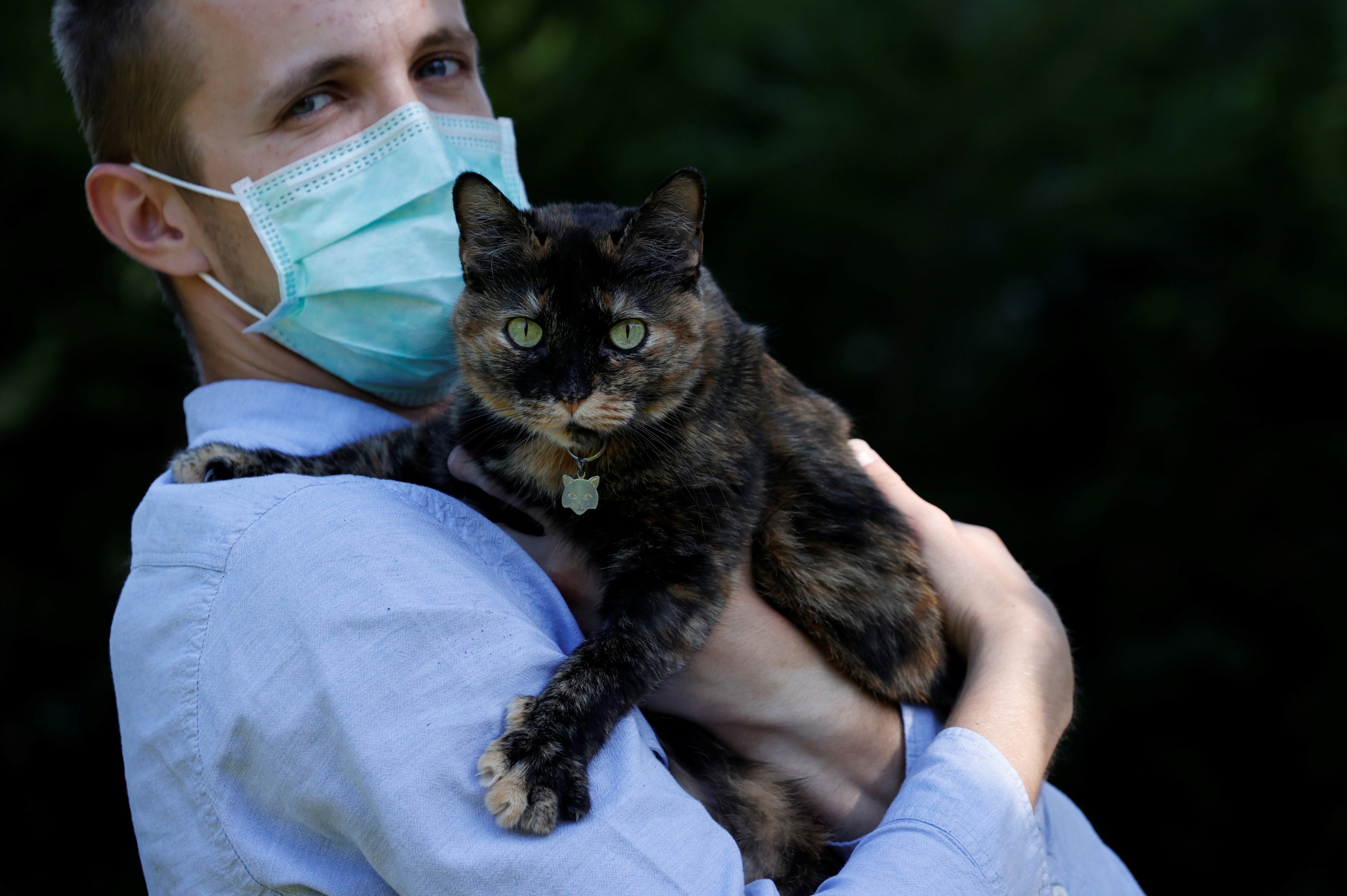Cats And Coronavirus Infection
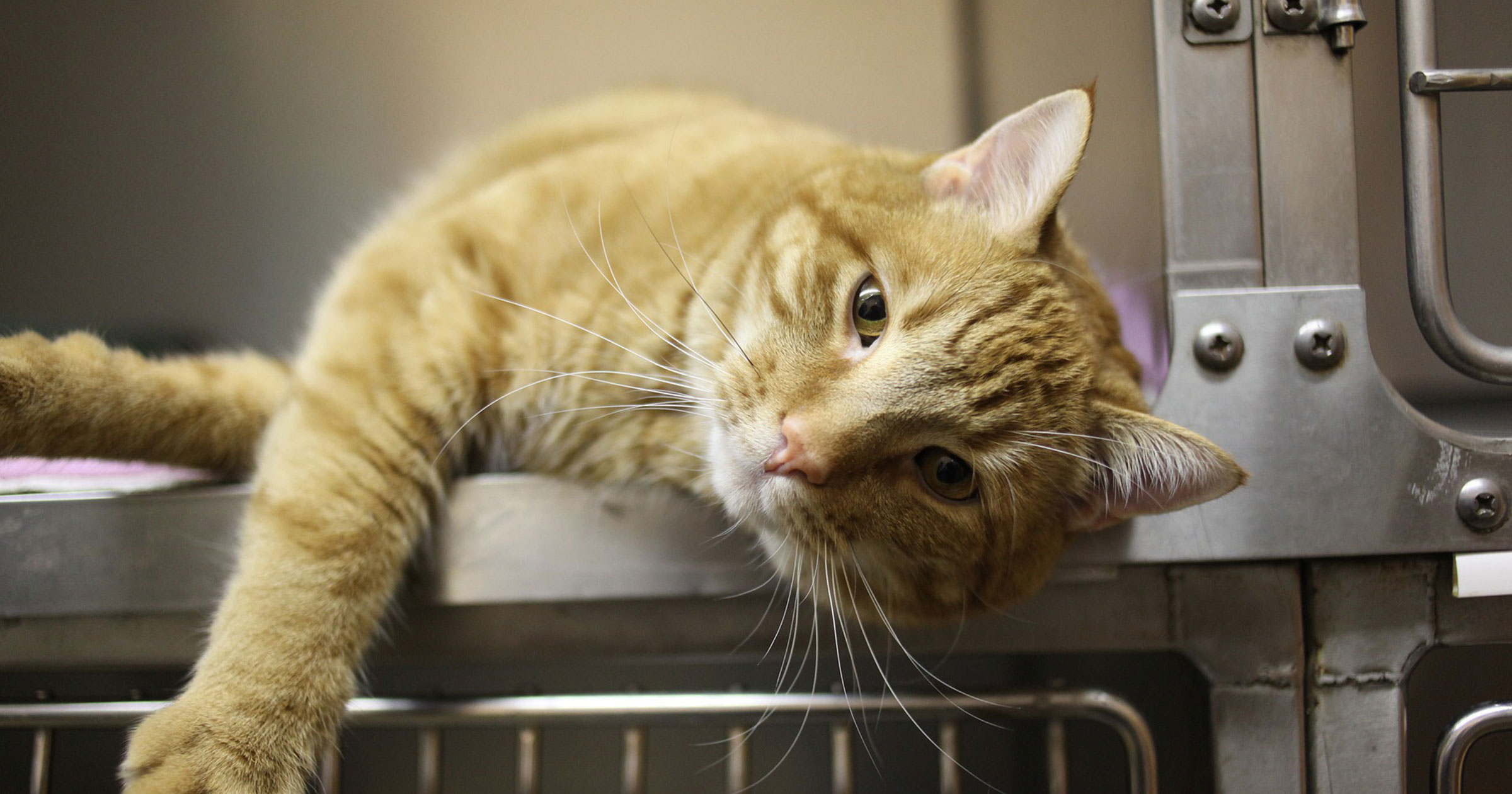
Two cats from Spain are offering new insights into how felines respond to COVID-19 with scientists saying the animals appeared to have a robust immune response that protected them from developing.
Cats and coronavirus infection. What is Feline Coronavirus or FCoV. We dont yet know all of the animals that can get infected. It is important to note that Feline Coronavirus FCov is not associated with the current coronavirus pandemic.
Feline enteric coronavirus typically causes a subclinical or mild transient intestinal infection in kittens. Mutation of the virus to a type that can infect macrophages leads to feline infectious peritonitis. Most of these animals became infected after contact with people with COVID-19 including owners caretakers or others who were in close contact.
It is more common in multi-cat households and does not affect other animals or people. FCoV is a common and contagious virus which is passed in the faeces of cats. Look what the cat.
Researchers state that it is much more likely that humans are giving the virus to their pets rather than pets causing humans to become sick. Some cats continue to shed virus indefinitely however. Centers for Disease Control and Prevention a few pets including cats and dogs also have been infected with the virus that causes COVID-19.
Ferrets cats and civets most susceptible to coronavirus infection after humans Ducks rats mice pigs and chickens had lower or no susceptibility to infection. An enteric coronavirus infection of cats and its relationship to feline infectious peritonitis. Five specieshumans cats ferrets civets and dogshave had documented cases of infection by SARS-CoV-2.
Public concern about felines was initially raised when tigers and lions at the Bronx Zoo in New York were found to be infected with SARS-CoV-2 the virus which causes COVID-19. The virus is shed in the feces by many seropositive cats. In catteries it is a cause of inapparent to mildly severe.
